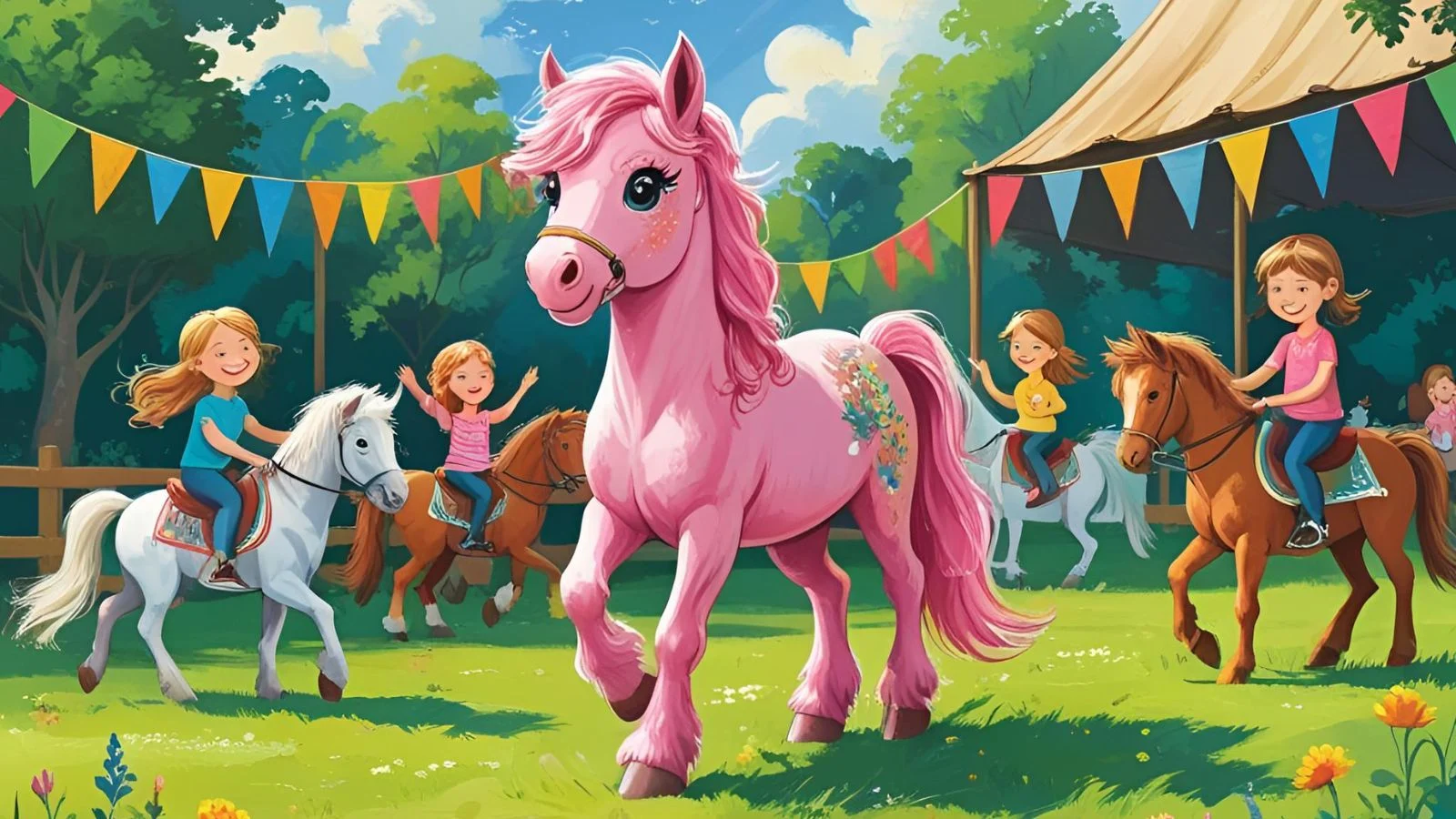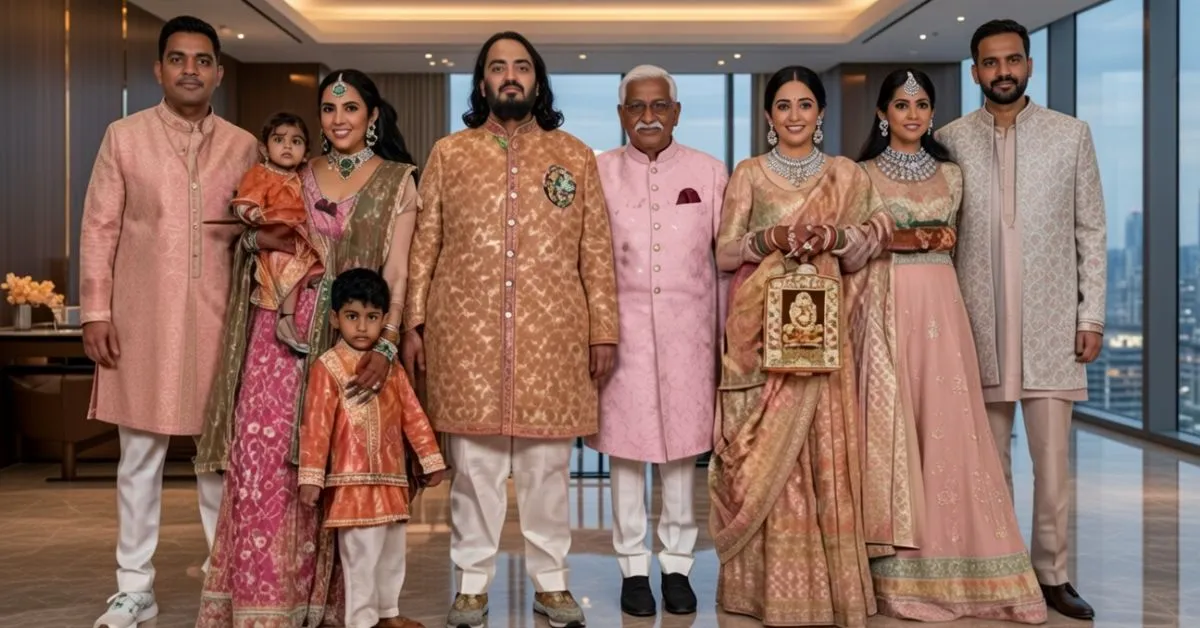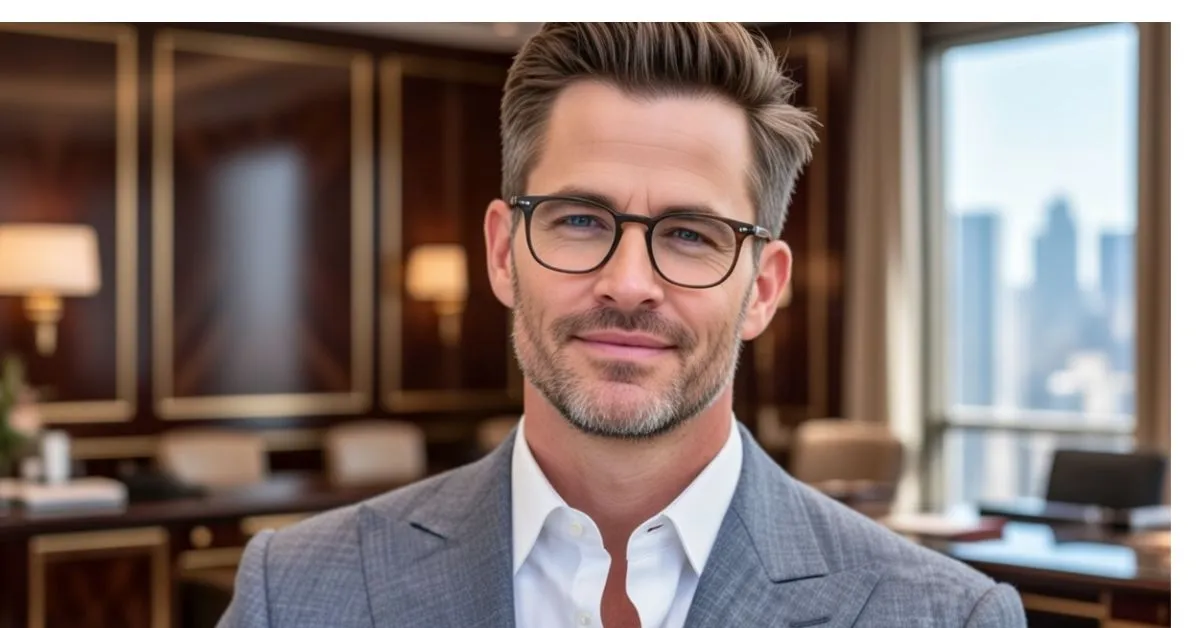In a world where slang evolves daily and pop culture spreads at light speed, one phrase has taken a glittery leap into the hearts and minds of online users: “Pink Pony Club Mean.” You’ve likely seen it on TikTok captions, Instagram bios, or heard it referenced in casual chat—and wondered, What exactly does it mean?
Thank you for reading this post, don't forget to subscribe!The term isn’t just catchy—it’s layered with emotional depth, musical roots, and cultural symbolism. Whether used as a badge of self-expression, a nod to queer joy, or a playful metaphor for transformation, “Pink Pony Club” means different things to different people.
From the neon-lit lyrics of a breakout pop anthem to its rising role in online conversations and even in dating app bios, this term has become a digital emblem for freedom, identity, and rebellion. Let’s explore its many meanings—across platforms, subcultures, and even misunderstood contexts.
Meaning & Definition: The Heart of the Pink Pony Club
At its core, “Pink Pony Club” symbolizes a place—real or imagined—where someone can be their truest, boldest self. While it gained traction through music, its meaning now stretches across personal identity, freedom of expression, and queer celebration.
The phrase was popularized by Chappell Roan’s 2020 breakout single “Pink Pony Club,” where a small-town girl dreams of becoming a dancer in a fabulous, pink-lit West Hollywood club. The lyrics tap into a universal longing for liberation from judgment, conformity, and constraint.
“I heard that there’s a special place / Where boys and girls can all be queens every single day…”
In this song, the Pink Pony Club isn’t just a venue—it’s a metaphor. It represents the emotional and physical space where one can live loudly, authentically, and without shame. It celebrates queer culture, glitter glamor, and the freedom to define one’s own story.
Today, when people say they’ve “joined the Pink Pony Club,” they’re usually not referring to an actual nightclub. Instead, they’re expressing a shift in mindset—breaking free from societal expectations, pursuing authenticity, or embracing a community that celebrates difference.
It’s a digital-age way of saying: I’m done pretending. I choose me.
Background: How a Song Sparked a Cultural Movement
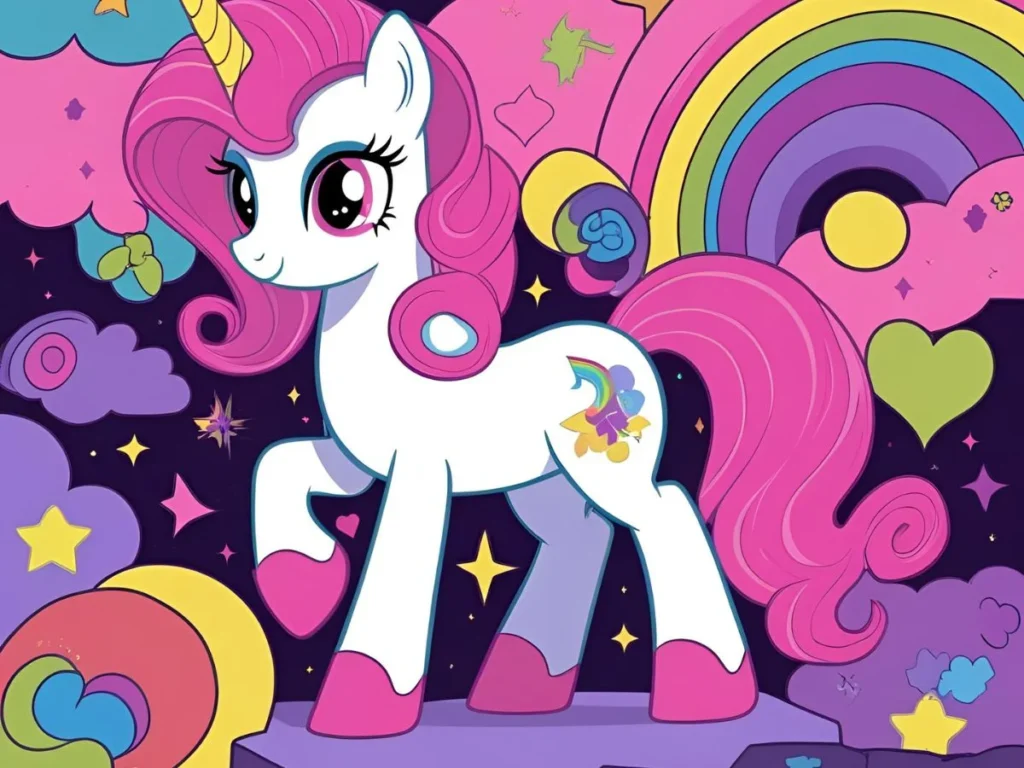
The phrase “Pink Pony Club” exploded in popularity after singer-songwriter Chappell Roan released her emotionally rich and visually vibrant single in 2020. Drawing inspiration from real LGBTQ+ nightlife spaces like The Abbey in West Hollywood, the song captures the contrast between small-town restrictions and big-city liberation.
Roan, who grew up in conservative Missouri, wrote the song to process her own evolution as a queer woman moving to Los Angeles. Through bold synth-pop melodies and poetic lyrics, she imagined a safe, sparkling space where everyone could dance, be desired, and feel free.
“Momma, I’m not the same / I’m not gonna wait ‘til the world’s okay.”
This personal yet universal message resonated deeply, especially with LGBTQ+ audiences and anyone who’s felt out of place. As fans connected with the song, the phrase “Pink Pony Club” quickly transcended music and became a rallying cry for self-acceptance.
On platforms like TikTok, creators used the song for coming-out videos, gender transitions, and dance transformations. It became a soundtrack for authenticity. From there, it spread into Reddit threads, Discord groups, zines, and fan art, all using the club as a metaphor for emotional escape and joy.
Even more, the song’s impact cemented the term in digital culture. People began saying things like:
“I think I’m ready to join the Pink Pony Club.”
“Living like I’m at the Pink Pony Club today.”
Roan’s work turned a fantasy into a symbol of courage—a pink-lit space in the heart of those who dare to be different.
Usage in Different Contexts (Chat, Bios, Art & More)
The beauty of “Pink Pony Club” lies in its flexibility. Whether it’s part of a song lyric, social media bio, or inside joke, the phrase adapts seamlessly to multiple contexts:
1. In Group Chats & Texts:
Friends use it playfully to describe big life changes or rebellious behavior:
“I quit my job and dyed my hair pink—guess I’m part of the Pink Pony Club now!”
2. On Instagram & TikTok:
In bios, it symbolizes freedom, queerness, and sparkle. Some even label their friend groups “Pink Pony Club” as a badge of shared values—bold, expressive, and unbothered by norms.
TikTok is a major hub. The platform is filled with creators using the term in:
- Coming-out stories
- Drag transformations
- Personal glow-ups
Caption example:
“Small town no more—living my Pink Pony Club fantasy 💖💃✨ #queerjoy #glowup”
3. In Online Art & Culture:
The phrase inspires zines, digital collages, and moodboards filled with neon lights, cowgirl boots, glitter, and freedom. It’s often compared to the vibe of shows like Euphoria or Pose—glamorous, gritty, and full of soul.
4. In Music Fan Culture:
Fans of Chappell Roan refer to themselves as club “members.” There are even mock IDs and digital passes. Some refer to their support group or DMs as “Pink Pony Club HQ.”
5. As Emotional Language:
Sometimes, it’s used metaphorically to describe a mindset of empowerment:
“The old me wouldn’t have spoken up. But I’m Pink Pony Club now.”
It’s more than words—it’s a transformation story told through digital shorthand.
Meaning in Chat, WhatsApp, Instagram & TikTok
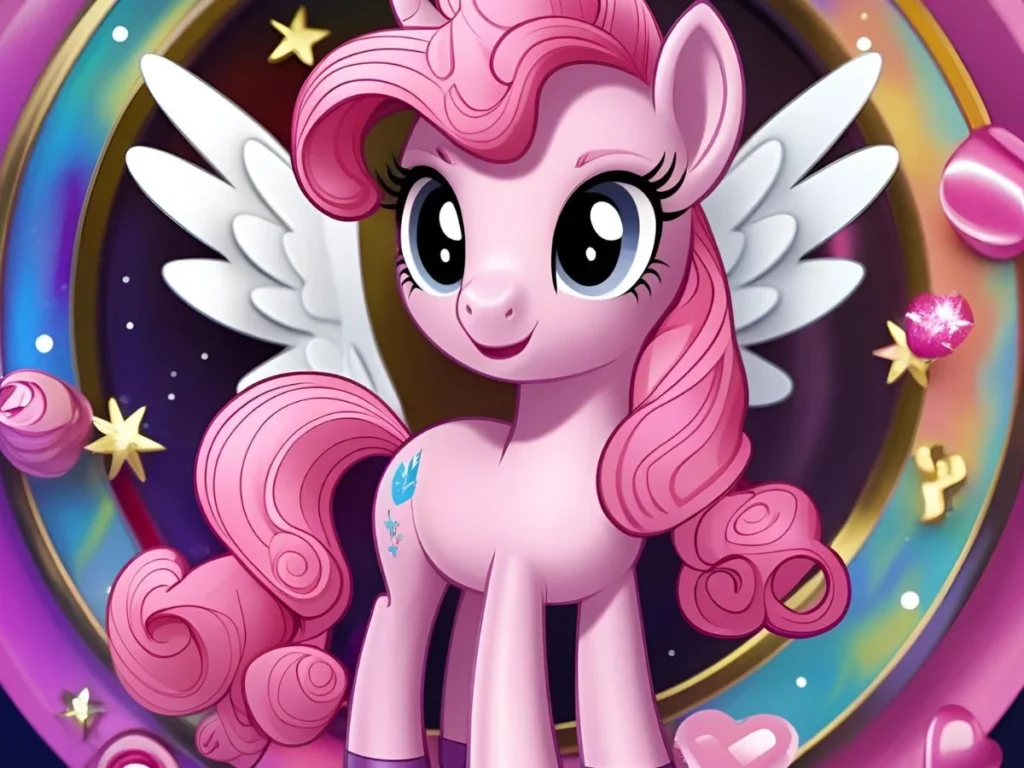
Across platforms, “Pink Pony Club” takes on playful and powerful meanings:
On WhatsApp & Messaging Apps:
In private conversations, the phrase works as a secret nod or code for a major life shift. A friend might say:
“Guess who just bought a one-way ticket to L.A.? Pink Pony Club vibes!”
It often carries humor, warmth, and rebellion—especially in tight-knit circles.
On Instagram:
You’ll see it in bios and captions, often paired with pink emojis, rainbows, or a dancing emoji. People use it to signal:
- LGBTQ+ pride
- Life transitions
- Personal awakenings
On TikTok:
TikTok creators led the charge in turning the phrase into a visual aesthetic. The term often appears in:
- Hashtags like #PinkPonyClub, #ClubEnergy, or #LivingMyTruth
- Drag reveals
- Before-and-after identity reels
- Feminist and queer empowerment videos
Caption: “Healed girl era: now accepting only Pink Pony Club-level joy.”
Here, it blends performance, protest, and poetry—a perfect storm for digital storytelling.
Meaning in Professional or Technical Fields
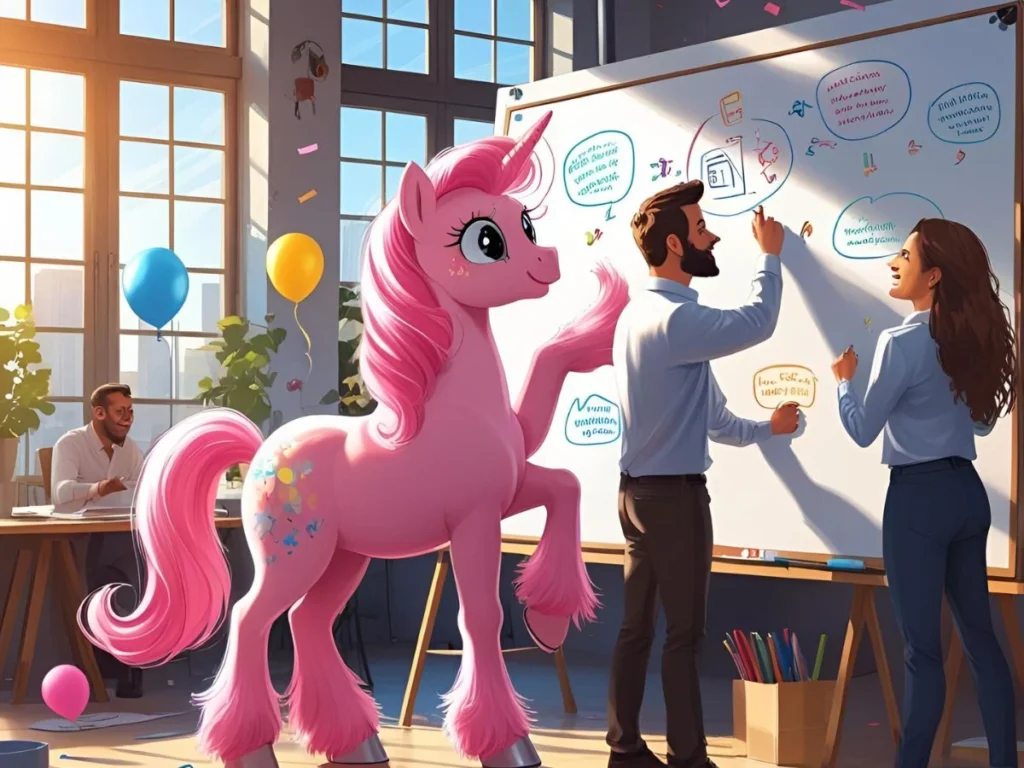
“Pink Pony Club” isn’t officially recognized in medical, aviation, or physics terminology, but that doesn’t mean it’s absent from professional life entirely.
In casual workplace banter, especially among younger or creative teams, someone might joke:
“This shift is pure Pink Pony Club energy—chaotic but fabulous.”
Fields like psychology or social work, the term might be used metaphorically to discuss identity exploration or expressive safe spaces—especially in therapy models supporting LGBTQ+ youth.
In aviation or military circles, there are no official uses. However, some pilots or crew members joke about colorful missions or uniforms as part of the “Pink Pony Club”—satirical slang for flamboyant or dramatic situations.
Physics? No formal mention. But an imaginative educator might coin the term for a fun metaphor during lessons:
“These particles aren’t bound—they’re living their Pink Pony Club life!”
While not technical, the phrase shows how internet culture infiltrates language everywhere, even where you least expect it.
Common Misconceptions
Despite its growing popularity, “Pink Pony Club” comes with a few misunderstandings:
❌ It’s NOT a Real Club (Usually)
Many think it refers to an actual nightclub. While inspired by West Hollywood venues, the club in question is symbolic, not literal.
❌ It’s NOT Adult Content
Because of the word “club” and the use of “pony,” some assume it’s risqué. But its mainstream use—especially on TikTok and in music—leans toward identity, self-love, and fun, not adult themes.
❌ It’s NOT Gender-Specific
Though the word “pink” might suggest femininity, the club is open to all identities. It’s a celebration of anyone choosing their own joy and path.
❌ It’s NOT Just for LGBTQ+ People
The roots are queer-affirming, yes—but the emotional tone of the term resonates with anyone seeking transformation, confidence, or escape.
Clearing these myths helps widen the understanding and appreciation of the term’s true beauty.
Similar Terms & Alternatives
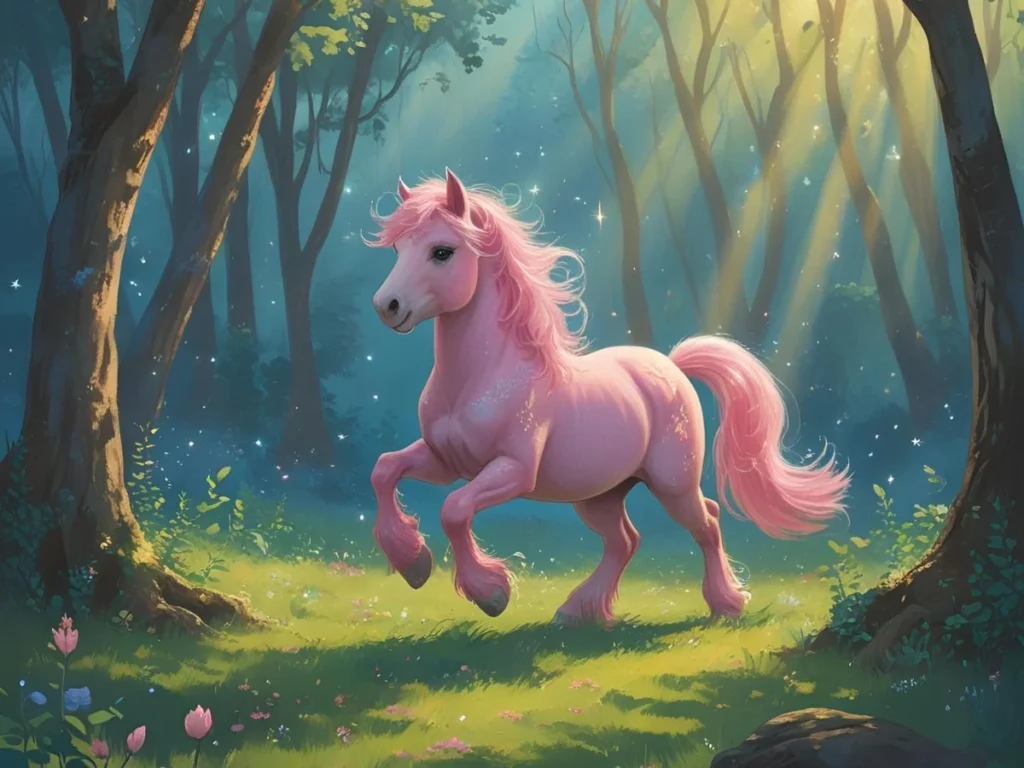
Several terms offer similar emotional or cultural energy to “Pink Pony Club.” Here are a few comparisons:
- Main Character Energy – Feeling powerful and centered in your own story.
- Glitter Gang – A friend group that’s loud, proud, and fabulous.
- Euphoria Mode – Inspired by the show, this means visually intense, dramatic freedom.
- Hot Girl Era – A personal glow-up, usually after emotional growth or healing.
- Unicorn Club – Emphasizing uniqueness and magic.
All of these carry the sense of personal empowerment and joy, but “Pink Pony Club” is more specific to belonging, transformation, and rebellion against norms—especially with its musical and artistic origin.
How to Respond to It
If someone says they’re part of the Pink Pony Club, your response should match the tone—supportive, playful, or curious:
🟢 Playful Reply:
“Do I need glitter to get in? I’m ready!”
🟢 Supportive Response (for deeper context):
“That’s amazing. So proud of you for stepping into your truth.”
🟡 Curious (if you’re not sure):
“I love that—what does it mean to you?”
Avoid laughing it off or brushing it aside. Often, people use this phrase as a light-hearted way to reveal something vulnerable or big—like coming out, quitting a job, or embracing a new lifestyle.
In romantic or dating conversations, it might also be a signal of being open, adventurous, or affirming—so responding with empathy or interest goes a long way.
Differences from Similar Words
Unlike many trendy phrases, “Pink Pony Club” combines:
- Metaphor
- Aesthetic
- Emotional narrative
- Cultural identity
“Hot Girl Era” is about confidence, but lacks the club’s metaphorical storytelling. “Main Character Energy” focuses on individual importance, not collective freedom. “Chosen Family” is deeper but more specific to LGBTQ+ social bonds.
What makes “Pink Pony Club” unique is its poetic vibe—a term born from music, grown in social media, and rooted in personal growth.
It’s not just how you feel—it’s where you emotionally belong.
Relevance in Online Conversations & Dating Apps
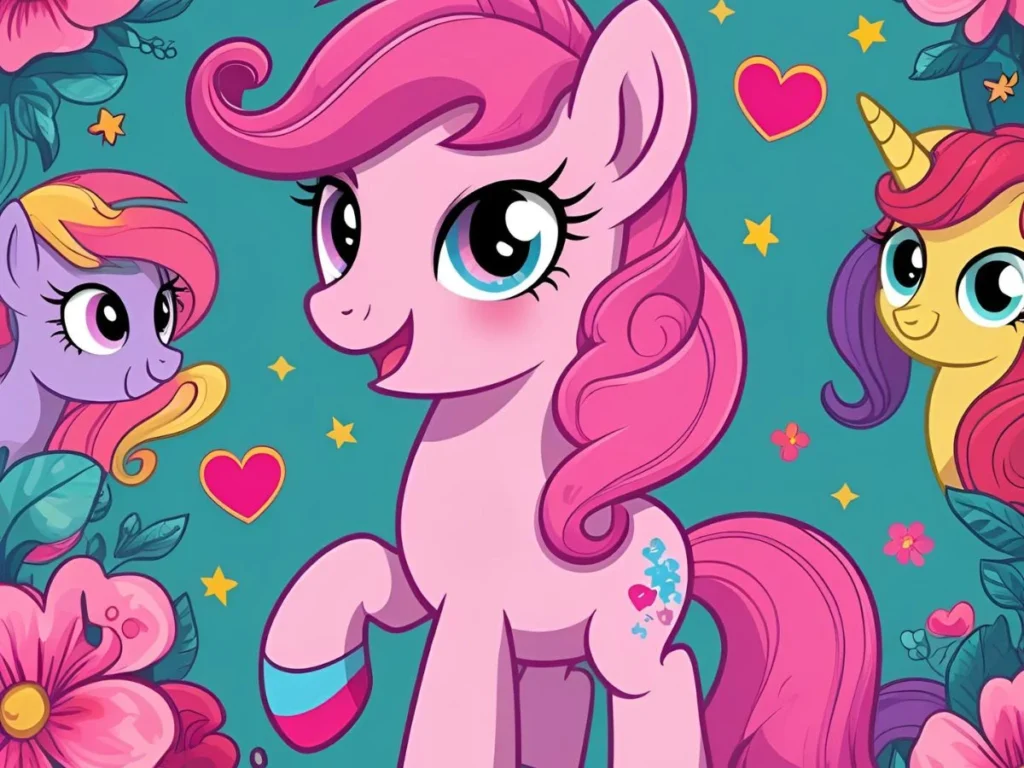
“Pink Pony Club” has found serious traction in dating culture and online bios. It’s become an indirect way to say:
“I’m expressive, a little rebellious, and fully myself.”
On Tinder and Bumble, profiles use the phrase to:
- Show they’re fun and alternative
- Indicate openness to LGBTQ+ connections
- Stand out from the crowd
Bio example:
“Living in my Pink Pony Club era—looking for someone to dance with.”
On Twitter and Reddit, it’s often used to vent or fantasize:
“I didn’t get the promotion. Guess it’s time to join the Pink Pony Club.”
These posts blend humor and aspiration—making the term both relatable and trendy.
In online communities, it builds instant connection. If someone recognizes the reference, it can spark a meaningful conversation or shared laugh.
Conclusion:
The phrase “Pink Pony Club” may have started in a song, but it’s grown into a universal symbol for freedom, rebellion, and self-love. Whether you see it in a bio, a caption, or a TikTok transformation, it captures the bold spirit of those ready to step away from fear and into the spotlight.
Its popularity lies not just in its sound, but in what it represents: choosing joy, living honestly, and finding your people. It’s a term that can make you laugh, cry, or throw glitter in the air—all at once.
In a world still wrestling with identity and acceptance, the Pink Pony Club is an invitation—to be wild, to be free, to be unapologetically you. 💖🐎🌈

